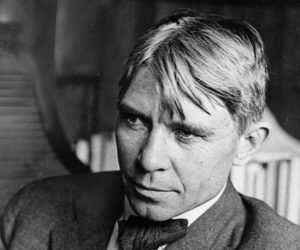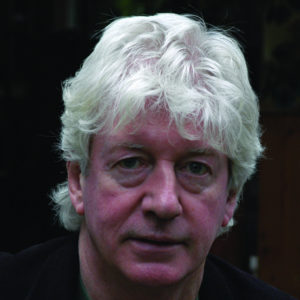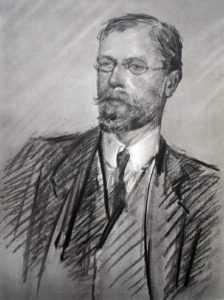We have decided to create the most comprehensive English Summary that will help students with learning and understanding.
Fog Summary in English by Carl Sandburg
Fog by Carl Sandburg About the Poet
Carl August Sandburg (1878-1967) was an American poet, writer and editor. He won three Pulitzer Prizes- two for his poetry and one for his biography of Abraham Lincoln. He wrote poems like grass, analysis, Chicago, etc.
| Poet Name | Carl sandburg |
| Born | 6 January 1878, Galesburg, Illinois, United States |
| Died | 22 July 1967, Flat Rock, North Carolina, United States |
| Education | Lombard College (1898–1902) |
| Awards | Pulitzer Prize for History, Robert Frost Medal |
| Quotes | Poetry is an echo, asking a shadow to dance. Nothing happens unless first, we dream. |

Fog Summary in English
The poet presents a vivid description of natural phenomenon of fog formation. He compares fog to a cat. Fog comes silently and sits looking over the city and the harbour like a cat. It seems that it is sitting silently on its haunches and then proceeds.
Fog Summary Questions and Answers
1. The fog comes
on little cat feet.
It sits looking
over harbour and city
a. “It” in the above lines refers to …………………
(i) the cat
(ii) the harbour
(iii) the fog
(iv) the city
Answer:
(iii) the fog.
b. Like a cat it moves ……………..
(i) silently
(ii) upward
(iii) very fast
(iv) over harbour and city
Answer:
(i) silently.
c. “It sits looking ….” The poetic device used here is ……………….
(i) simile
(ii) personification
(iii) metaphor
(iv) alliteration
Answer:
(ii) personification.
2. The fog comes
on little cat feet.
Question 1.
How does the poet compare the fog with cat? Which poetic device is used here?
Answer:
The poet compares the fog to a cat as the fog too seems to come on its little cat feet and seems to s^ttie over the city on its silent haunches. A personification is used here. The fog is personified as a cat.
Question 2.
Find three things that tell us that the fog is like a cat.
Answer:
There are three things that tell us that the fog is like a cat. A cat comes stealthily without making a noise. It sets on its haunches silently looking around. Then it moves on. Similarly, the fog raises quietly .It settles over harbour and city and then moves on. Hence, the comparison of the fog to a cat is appropriate.


